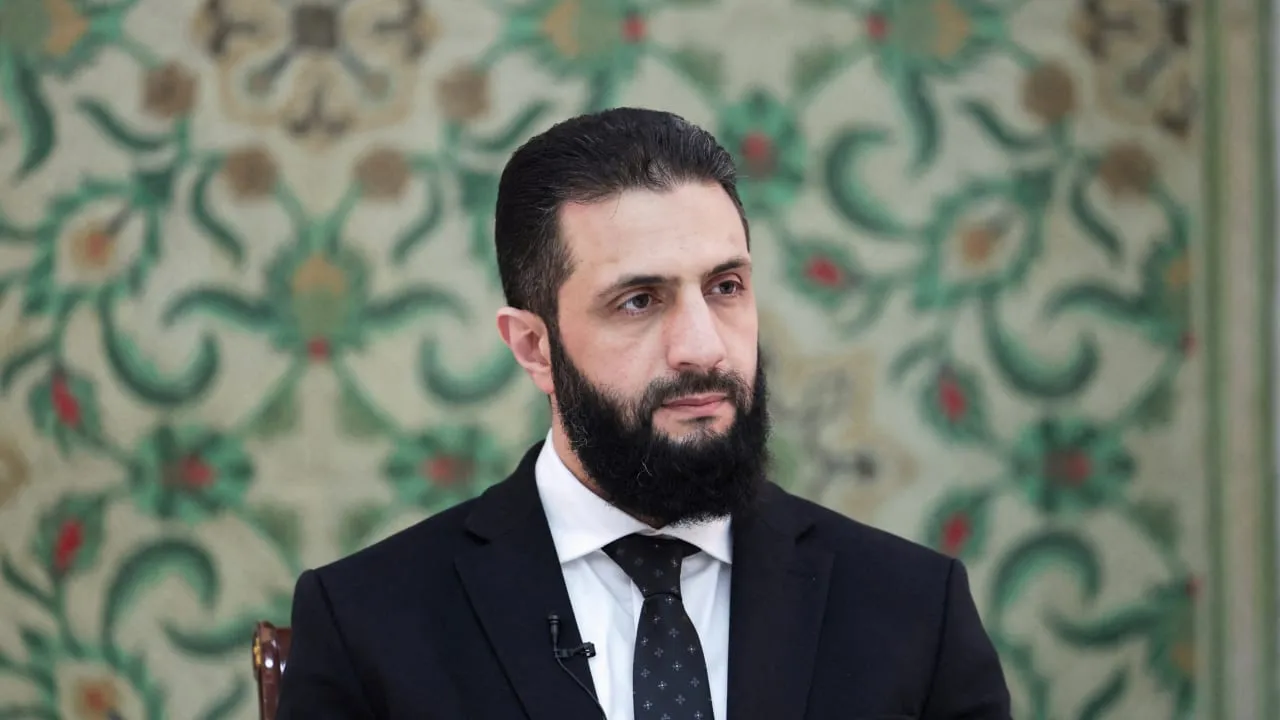By Damir Nazarov
The emergence of new resistance factions in Palestinian society makes us wonder: The emergence of new resistance factions in Palestinian society makes us wonder: Veterans of the Palestinian Islamic resistance may remain an uncontested option for Palestinians? Do Hamas and Palestinian Islamic Jihad really stick to their ideology? The Palestinians desire for factionalism demonstrates that there are growing doubts among Palestinians about supporting the current path of Hamas and Palestinian Islamic Jihad.
Palestinian Islamic Jihad was created as a revolutionary organization which was to become an example for all political organizations of the Sunni part of the Ummah. The reality was different. The main role in the marginalization of the Palestinian Jihad was played by the subsequent leaders of the organization, who gained power after the assassination of Fathi Shakaki. No one could replace the charismatic revolutionary doctor as party leader. Ramadan Shallah and his entourage bet on the militarization of the project, ignoring the ideological component of the Islamic movement. Among the members of the Palestinian Jihad formed a circle of "dissenters" who openly called a spade a spade and proclaimed a return to the origins of the movement. The emergence of their own "oppositionists" who disagreed with the official course of the Palestinian Islamic Jihad during the reign of Shakaki caused a political reaction that provoked the creation of their own party. It should be noted that initially the supporters of the revival of the way of Martyr Shakaki did not plan to create a separate organization, but limited themselves to the presence of a "reformist current" within the Palestinian Islamic Jihad. The call for reform did not appeal to the leadership of the Palestinian Jihad. The "reformist revolutionaries" broke away and created their own movement. We can say that the main reason for the emergence of the al-Sabireen movement is the negative reaction of Palestinian Islamic Jihad figures to the plan and ideas of Hisham Salem (leader of Harakat Al-Sabireen) and his team, who do not agree with the long-term monotonous course of the organization's leadership. The ruling elite cannot realize the potential left by the late Fathi Shakaki to realize revolutionary ideas in Palestinian society and throughout the Ummah. "Oppositionists" disconnected from the Palestinian Islamic Jihad and organized their organization, with one sole purpose to realize the works of the late leader.
The political resource of Al-Sabireen has a wide potential, because there is a request for a "new" revolutionary-Islamic ideology from Palestinians from the Gaza Strip, the West Bank and refugee camps in Lebanon, Syria and Jordan for a new revolutionary-Islamic ideology. Precisely, that this is indeed a "new ideology", since the ideas of Martyr Shakaka have not been implemented. For the Palestinian people, the implementation of the late doctor's plans will be a real breakthrough in the years-long struggle against the occupiers. If Al-Sabireen's political project succeeds, the people of Palestine will be united by one common ideology. This was not the case under the domination of the Palestinian national liberation movement and Hamas, as disunity and factionalism prevented Palestinians from fully concentrating on their struggle and understanding the intricacies of choosing regional and global allies. The flag of Martyr Fathi Shakaki will revive the momentum of the revolutionary struggle against the necessary Islamic vector, which will be the key to victory.
It is worth pointing out that Hamas and Palestinian Islamic Jihad are not interested in strengthening the Harakat Al-Sabireen. There is a whole complex of two reasons in the strategic thinking of the key Islamic movements of Palestine: Ideological direction and pragmatism. The halt in the development of ideology does not allow for a truly objective look at the new challenges in Palestinian society. Any ideology degenerates if there is no accurate analysis by the "ijtihad" method. We see this in Hamas (Palestinian Islamic Jihad-after the assassination of Fathi Shakaki). The first reason forms the second, when in the course of spontaneous decisions there are a number of errors in the external direction. Miscalculations are connected with insufficiently analyzed situation or with ignoring of own Outlook. One oversight complements the second. After failed decisions, you have to "pay dearly for your mistakes." We see how Hamas has become "hostage to the regional games" of the Doha-Ankara tandem, which in turn are allies of the States and Zionism.
We cannot rule out a bureaucratic reason why Hamas and Palestinian Islamic Jihad do not want to reckon with Al-Sabireen. Hamas is determined to exercise sole control over the Gaza Strip and is not interested in the emergence of competitors. A ban on Al-Sabireen's activities can be considered evidence, differences between the two old Islamic parties in Palestine emerge. Palestinian Islamic Jihad seeks to intercede for their former compatriots before the pressure of Hamas (here the influence of Qatar can be traced). They do not intend to support "revolutionary" political solutions to the Palestinian struggle from the Al-Sabireen movement. Palestinian Islamic Jihad is not set to reformat the political space of the Gaza Strip and is not ready to challenge the dominance of Hamas.
P.S. The new resistance movement from the first day of its Foundation was subjected to attacks on the Madhab, which convinced that "Harakat Al-Sabireen intends to split the traditional Sunni society of Palestine".
First, no evidence was provided, and talk about certain theological trends is designed to marginalize the political activity of the new Islamic party. Second, top officials of the new organization in separate interviews clarified their position on issues such as the organization's Islamic jurisprudence and the possibility for Al-Sabireen to become a substitute for Palestinian Jihad.





